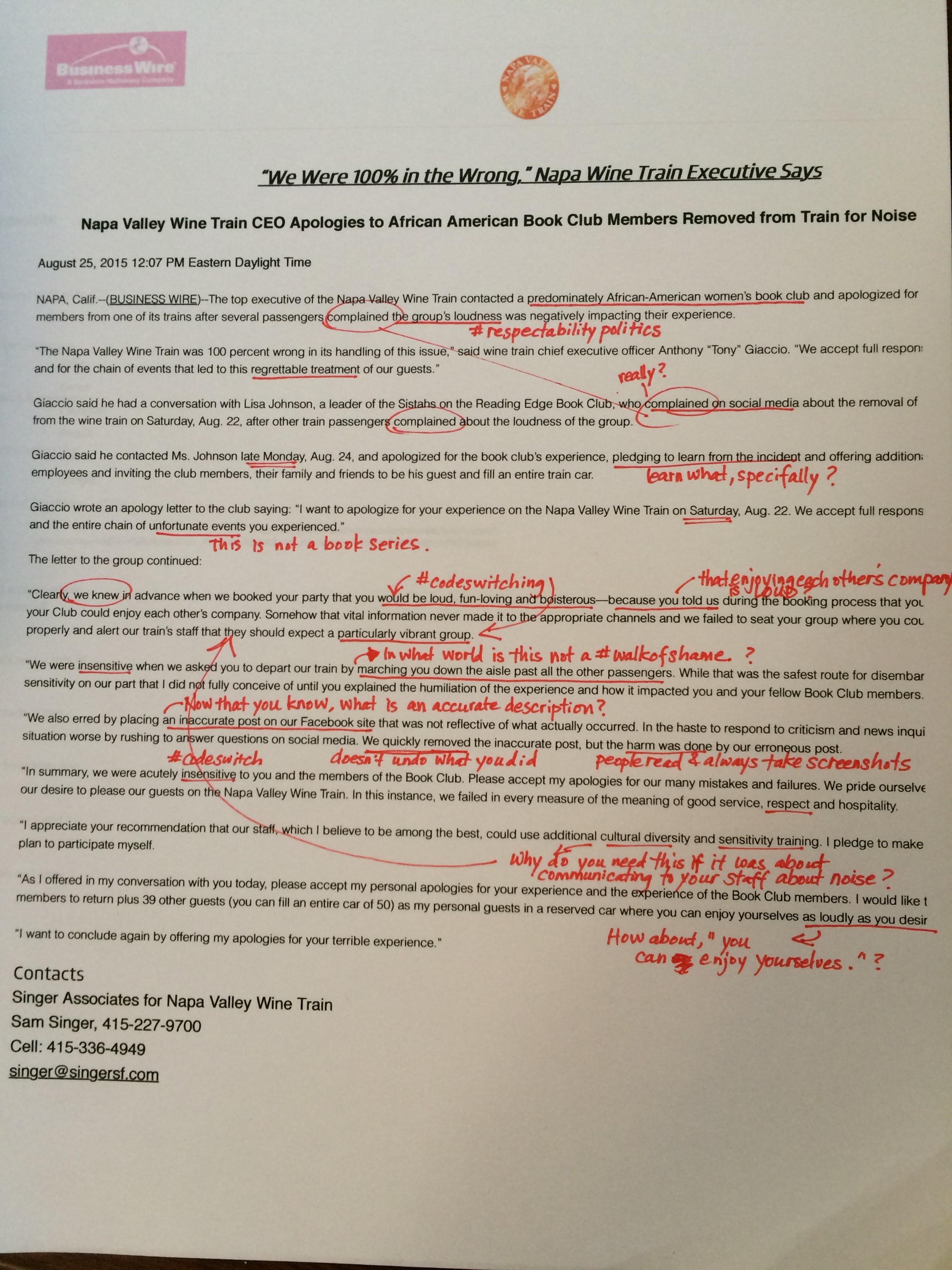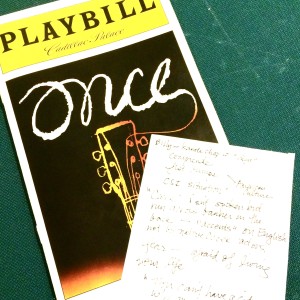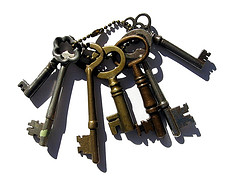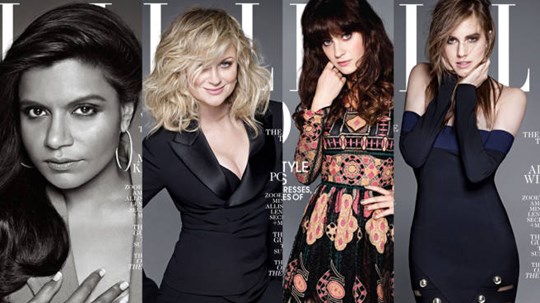I learned to speak English by watching The Electric Company, Zoom, Mr. Rogers’ Neighborhood, and Sesame Street. Mr. Rogers, Big Bird, Count von Count, and the Twiddlebug family were my first tutors teaching me about self-addressed stamped envelopes, grammar, numbers, and hints of “American” life where adults had first names – Maria, Luis, and Fred – and moved about the world with an ease my parents and I did not experience.
My parents and I immigrated to the US in the spring of 1971, joining thousands of Koreans leaving a then-developing nation that was still rebuilding after the Korean War had left the peninsula divided with a US military presence that remains to this day. My mom had a few dresses made out the fabric gifted to her by her in-laws – Jackie-O-esque silhouettes with hemlines right above the knee. The US was the land of opportunities and upward mobility. I never saw my mother wear any of those dresses. My dad bussed tables at a Japanese restaurant and rode a bike to and from work. I was eight months old, and when I started kindergarten my primary language was Korean.
Dreams in Korean
It’s hard to imagine a time when I thought in Korean, dreamt in Korean. If you don’t speak a second language, you may have no idea what I’m talking about, but when you’re bi- or multi-lingual you may have the ability not only to translate language but also “think” and process the world in those languages. I am certain my parents do not dream in English, and at one point in my life my dreams were in Korean.
When I was in high school I spent part of a summer in Korea without my parents, and I remember navigating the streets of Seoul on my own without my cousins. There was a moment when I realized I was thinking in Korean instead of reading a sign and trying to translate it into English. I was THINKING and processing in Korean, even though the moment I opened my mouth to speak Korean my pronunciation would betray me.
The chasm between my English dreams and my parents’ Korean dreams continues to grow, but every now and then I wonder what five-year-old me dreamt about. What did KyoungAh dream about in her Korean dreams?
The Default
My name is Khang KyoungAh – family name first, given name second. My sister, the only female cousin on my father’s side, and I share the second syllable – a generational marker that wasn’t traditional for girls. When my parents enrolled me in public school – Waters Elementary on the north side of Chicago – I became Kathy. Before we go on, my Dear Reader, I invite you string my names together.
Kathy KyoungAh Khang.
Wait for it.
Do you see it? Do you notice it?
A Black colleague of mine mentioned how he couldn’t understand why my parents would give me a name with THOSE initials. Is that what you were thinking?
My parents are Korean. They had a better grasp of the English language when they immigrated to the US than most US-born people will ever have of another language. But they are Korean. They gave me the name “Kathy” because the initial sound was similar to my real name. They gave me “Kathy” not to whitewash me. They gave me the name so I could survive in 1975. Sure, I wish that hadn’t been the case, but here in 2021 I’m still correcting people on the pronunciation (and spelling) of my last name while Timothée Hal Chalamet is totally ok.
But back to my initials. I told my Black colleague that the world did not revolve around US history and that while I as an adult understood my initials, the assumption that Korean immigrants in 1975 should “know better” was equally offensive. The US is not the center of the world, but “American” history, “American” life is the default. I go back to this idea often in the anti-racism work that I do. Racism is not limited to the US, BUT as folx in the US we need to be humble and mindful about our own centering and assumptions.
Can You Tell Me How to Get to Sesame Street?
Ji-Young is Korean American and loves to play the electric guitar and skateboard. She is the first Asian American muppet, and I have a lot of feelings about this. I’ve watched the video over and over – Ji-Young talking to Ernie. I am tearing up just writing this, BUT….
WAIT. A. MINUTE. Some of you, My Dear Readers, may be excited and cheering this on AND wondering if any of the other “human” muppets had racial or ethnic identities.
They did. The default, even on Sesame Street, is that unless otherwise noted the human muppets are white because whiteness IS NOT JUST ABOUT SKIN COLOR. White supremacy isn’t just about skin color. People of color can perpetuate the lies of white supremacy that make US history and present day the center of the universe. It’s about the way people operate (particularly here in the US for the purposes of this blog post), how you are treated, what is assumed about you and your family and where you are from and where you learned your English. I do not speak English with an accent like my parents do and YET PEOPLE STILL ASK ME WHERE I LEARNED TO SPEAK ENGLISH. I learned to speak English here in America. Duh.
Yes, Bert is yellow and Ernie is orange (too much self-tanner, methinks). How can they be white, you ask? Because they are American and the default in the US is always whiteness. Think about it. Before colorblindness there was the “I don’t care what color you are – Black, white, purple” type phrases. “American” by default is associated with whiteness. Even on Sesame Street.
That’s why it’s a complicated big deal. Ji-Young has more in common with my children who are third generation, born with both “American” and Korean names with meanings that are drilled into them because for them the default will be BOTH/AND because being Korean American with each generation brings another level of beauty, complexity, similarities, and differences. Ji-Young tells Ernie how she can’t wait to share about her food – banchan, kimchi, and jjigae.
It will take me more time to figure out and name all of these feelings but for now I can’t wait for Ji-Young to share some kimchi with Bert and Ernie.



